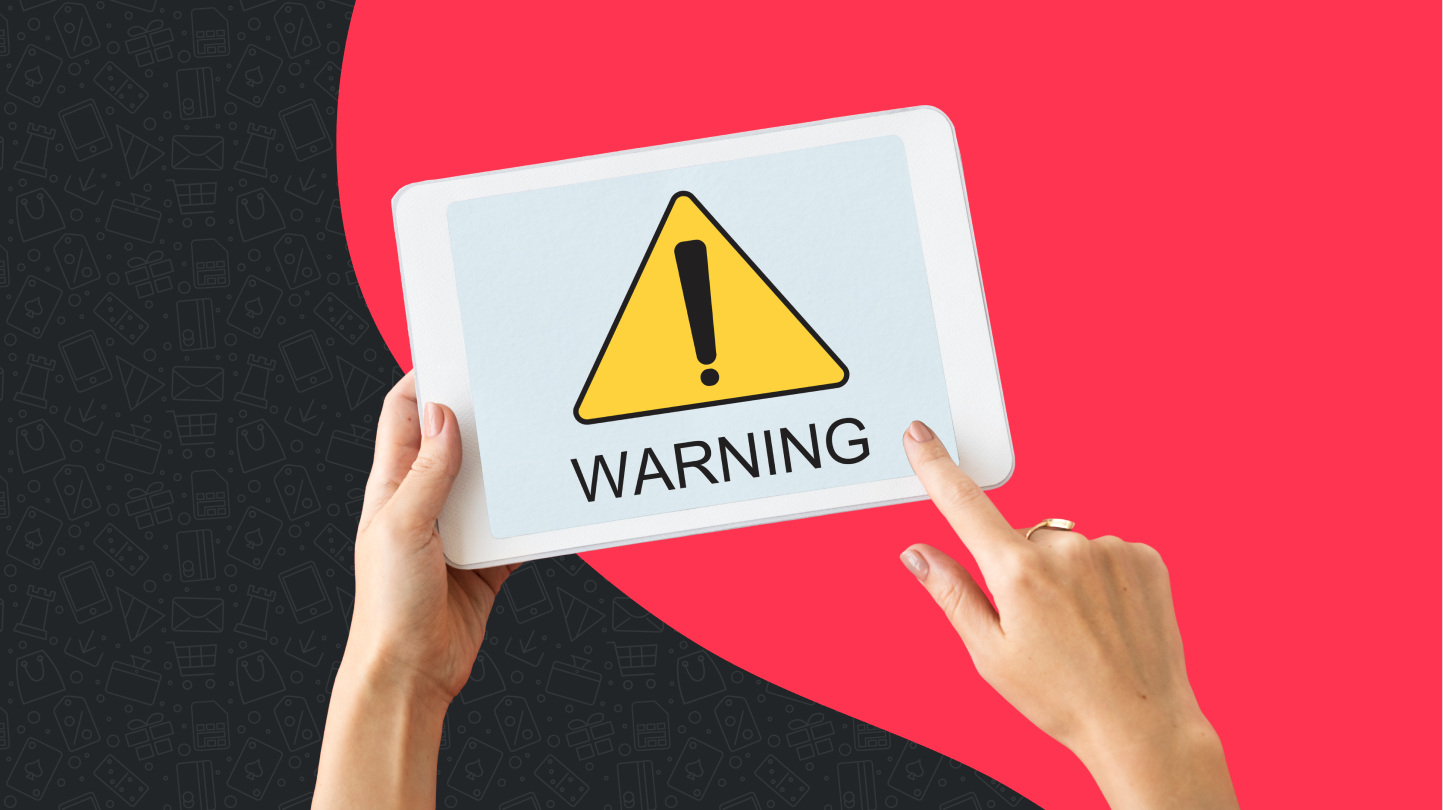If you are like most people, you probably have dozens of online accounts. Let’s be honest, who has time to remember a different password for every single one of them? To make things simpler, many of us fall into the habit of using the same, easy-to-remember password for all of our accounts. While this does make life easier in the short term, it’s a disaster waiting to happen.
Using the same password everywhere, or even using different, simple passwords, puts you at serious risk of having your data or your money stolen by hackers. Cybersecurity Awareness Month is a great time to take a look at your process for setting passwords to see if there is room for improvement. Let’s talk about how to create strong passwords and how to manage them with some simple, clever tips.
Dos and Don'ts to Create Strong Passwords
It’s not difficult to make a strong password, and if you want to see how your current passwords stand up, you can check out a password strength test like howsecureismypassword.net. Learn the 5 crucial factors that make a strong, secure password:
DO go long
The longer the password is, the better. Good passwords are at least 12 characters long.
DO use mixed characters
Use a mix of upper and lowercase letters, numbers and symbols.
DO create a unique password each time
Use a different password for every account that you have. If hackers get a hold of a password that you use in multiple places, more of your data could be compromised.
DON’T use personal information
Don’t use any names or numbers that can be associated with you or your family, such as kids’ or pets’ names, dates of birth, etc. Hackers can easily search the web or social media for this type of information.
DON’T use words from the dictionary
Hackers and software can easily guess words that are in the dictionary, so avoid using them in passwords.

How to Manage Passwords
So now you know that your passwords need to be unique, long and complicated, but how are you supposed to remember B16d*k90)#s!3G8? And how are you going to remember something like that for every account that you use? The answer is a password manager. The best password manager not only stores all of your passwords, but also acts as a strong password generator, taking the pressure off of you to create passwords, and it updates them as necessary.
Password managers encrypt all of your data to protect it from hackers. And the best part is that all you have to remember is one password to unlock access to all of your other passwords. Just be sure to make that it is a strong one! Popular password managers include NordPass, 1Password, and LastPass Password Generator.
Now, if you aren’t comfortable using a password manager, and you aren’t a high-profile person who is more likely to be targeted by criminals, there is nothing wrong with writing down your passwords and storing them somewhere away from your computer.
How Else to Protect Your Passwords
Is there anything else you can do apart from creating strong and unique passwords? Yes, there are two very basic habits that you should assume as a routine.
1. Do not share your passwords WITH ANYONE
It seems obvious, but sometimes we have no choice but to share a password with someone we trust, thinking that no one else will know it. But you never know! There are a number of ways in which it could fall into the wrong hands. If you have to share a password, change it ASAP.
2. Use multifactor authentication
Also called two-factor authentication or 2FA, it means that more than just a safe password is required to log into an account. For example, 2FA may require a multi-digit code that is sent to your phone, or fingerprint or face recognition in addition to your password for account access. More and more commonly used digital services require this authentication system. Even though it may seem like a drag, embrace it!
Now you can rest easy knowing that you understand how to protect your online accounts with strong passwords. Check out more of our online safety tips or learn from the experts to be #becybersmart in 2021 and beyond.






